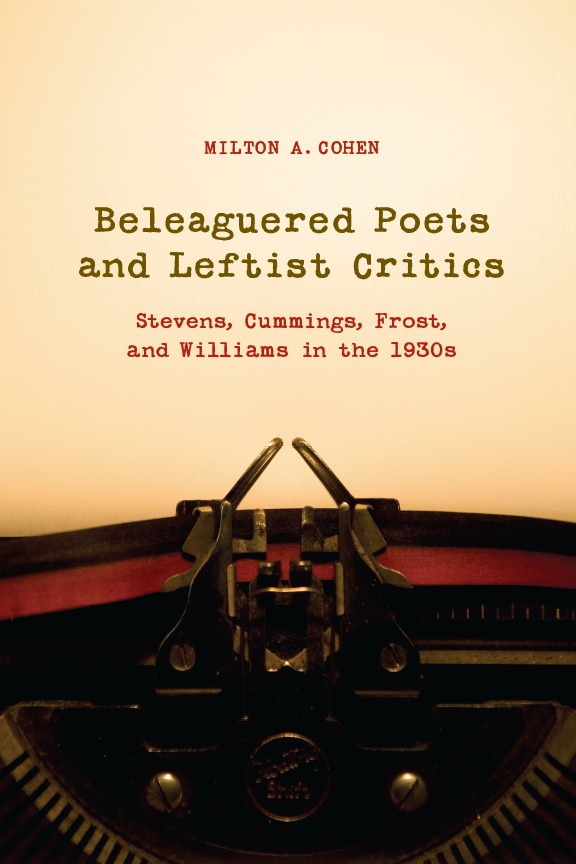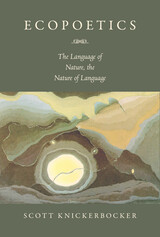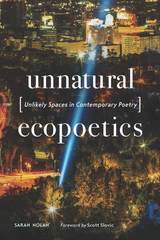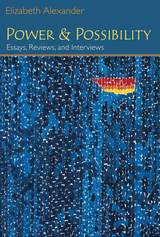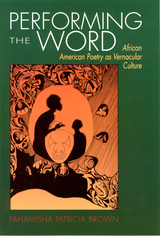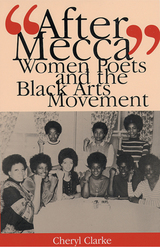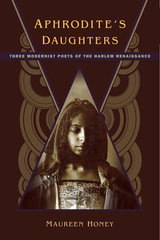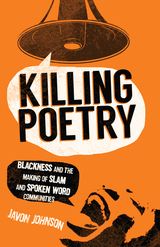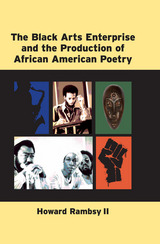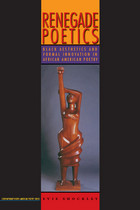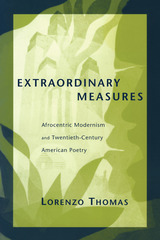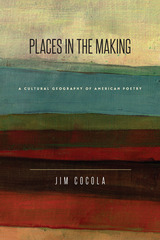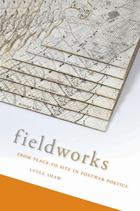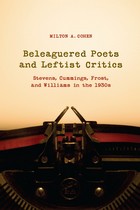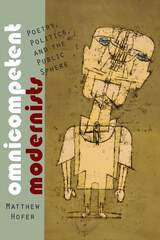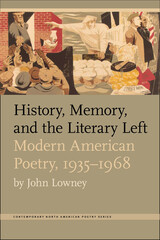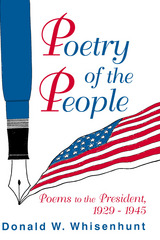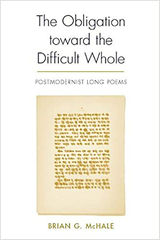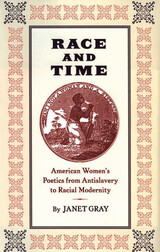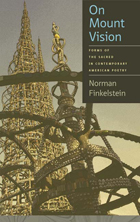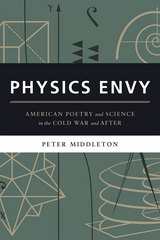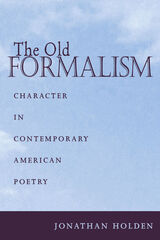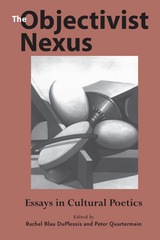Cloth: 978-0-8173-1713-3 | eISBN: 978-0-8173-8445-6
Library of Congress Classification PS310.P6C65 2010
Dewey Decimal Classification 811.5209
Different as they were as poets, Wallace Stevens, E. E. Cummings, Robert Frost, and Williams Carlos Williams grappled with the highly charged literary politics of the 1930s in comparable ways. As other writers moved sharply to the Left, and as leftist critics promulgated a proletarian aesthetics, these modernist poets keenly felt the pressure of the times and politicized literary scene. All four poets saw their reputations critically challenged in these years and felt compelled to respond to the new politics, literary and national, in distinct ways, ranging from rejection to involvement.
Beleaguered Poets and Leftist Critics closely examines the dynamics of these responses: what these four poets wrote—in letters, essays, lectures, fiction (for Williams), and most importantly, in their poems; what they believed politically and aesthetically; how critics, particularly leftist critics, reviewed their work; how these poets reacted to that criticism and to the broader milieu of leftism. Each poet’s response and its subsequent impact on his poetic output is a unique case study of the conflicting demands of art and politics in a time of great social change.
See other books on: 1879-1955 | 1930s | Poets, American | Politics and literature | Stevens, Wallace
See other titles from University of Alabama Press
